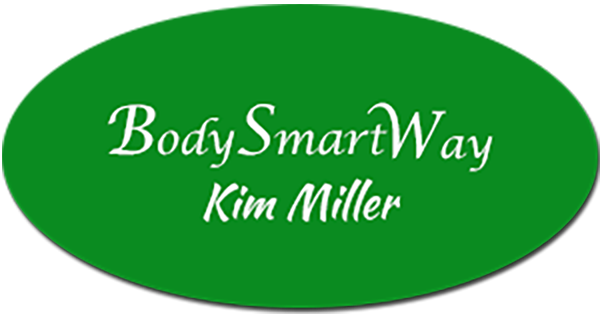by IcennaEmach | May 31, 2009 | Perspectives in Aging Well, Uncategorized
I read an article the other day by an author who intrigued me with a statement that seemed at first to be contradictory. He said that in order for big changes to occur, we basically have to say, ” I give up.” The article was a little more philosophical than I like, but the idea of giving up or giving in to change is something I can relate to in my field of health and wellness.
Before it appears that I am encouraging mediocrity in the area of our health, I should tell you that it is quite the opposite. If we want to make lasting improvements in our health and fitness goals than we need to consider there is much to be gained in starting off with a clean psychological palate. Can we forget about our past victories and triumphs and instead focus on where we are at this given time? Can we focus on what our healthy minds and bodies can achieve regardless of what we have done or did not do in the past? And most importantly in my mind, can we imagine how we will feel as we go about our daily lives improving and progressing in the area of our health? No doubt there will be challenges along the way but the good news is that people are resilient. Our muscles can grow at any age. Our bones can grow at any age. Our cardiovascular output can increase at any age. Our flexibility can increase at any age. And perhaps most importantly, our minds can grow and change at any age.
For me personally, “giving up” has been a useful tool for me as my health, wellness, and sporting goals have changed substantially throughout the years. What hasn’t changed is the feeling that I get from the way I live my life on a daily basis. Although I may not be able to run a 5:30 mile today, I still derive the same feeling that I did when I was a kid even though running is not my main outlet today.
My question to you today is, “can you surrender your past victories and or past shortcomings and work diligently daily towards retaining the feeling of being an easy going healthy kid again?
by IcennaEmach | May 17, 2009 | Perspectives in Aging Well, Uncategorized
There are groups of people throughout the United States and the world that organize and meet with the sole intent of supporting each other to live to be 100 years and older.
Humans, according to Robert N. Butler, M.D. founding director of the National Institute on Aging, and winner of the Pulitzer Prize for Why Survive? Being Old In America, have about 110-120 years at the outside of their genetic life span. This information is encouraging.
The question that appears for most of us, however, is not so much how do we live longer, but how do we live healthier?
“The two it seems”, writes Lenny Guarente, PH.D. and Novartis Professor of biology at M.I.T and author of Ageless Quest: One Scientist’s Search for Genes That Prolong Youth, “should go hand in hand. And they often do because we can tip the odds in our favor by our lifestyles and by avoiding things that we know are bad, like smoking, like transfat, like excess body fat, like high blood pressure.”
Most people would agree that if we can extend health span the extending lifespan is just an extra bonus.
Many of us do not have a vision of the life we could live happily, productively, and disease free, as we get older. Part of the reason for this is that we are not exposed to seeing those people that live happily, productively, and relatively disease free well into their 90’s and 100’s.
There are other reasons why we do not have a vision for living well into our later years. Three of the most significant reasons are:
1. We believe that healthier lifestyles and specific lifestyle habits are too difficult to change so we abandon the idea of living as a centurian.
2. We are unsure if it is too late to make lifestyle changes due to age and health circumstances.
3. We are unsure whether the payoff of healthy living will increase our life’s quality and longevity to the degree that we would like.
These are legitimate concerns. Lifestyle changes take time. Lifestyle changes take effort. And lifestyle changes are difficult to implement on our own.
If you have simply thought about changing your lifestyle for a better life quality, then you have a vision. It may not be a fully developed vision, but it is a vision. And a vision is a start. Keep it! Develop it! Don’t let it fade away. I can assure you that if you’ve implemented the lifestyle habits that you know are necessary for a more healthy, vigorous and vital you, then you will not be disappointed.
